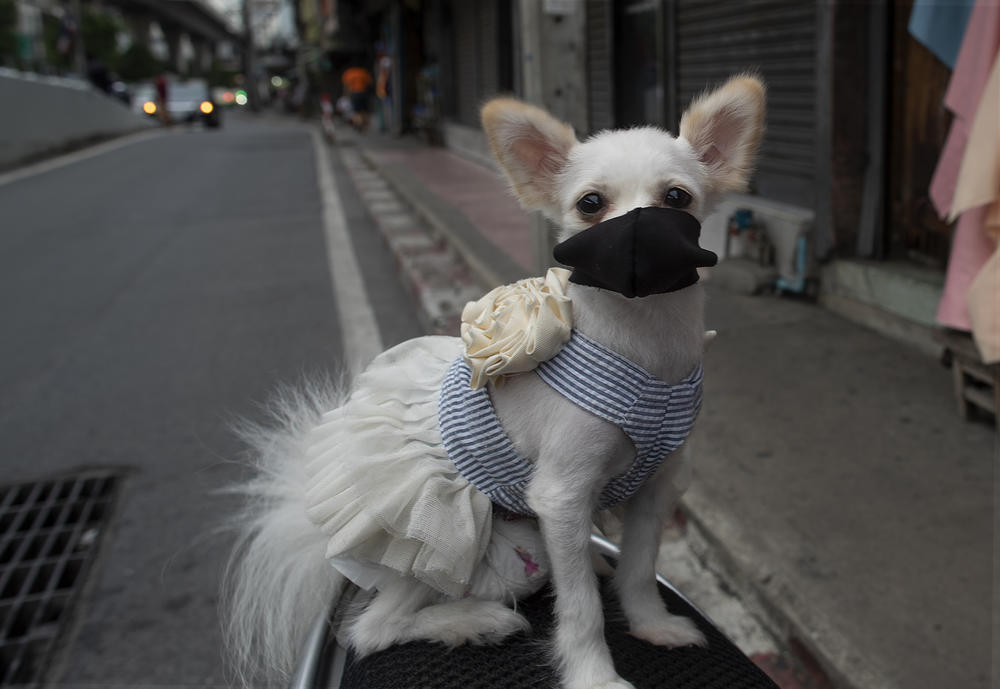Section Branding
Header Content
Pet Dog In Georgia Tests Positive For COVID-19
Primary Content
A pet dog in Georgia tested positive for the novel coronavirus, state health officials said.
The 6-year-old mixed breed dog's owners tested positive for COVID-19, and their dog developed what health officials called a "sudden onset of neurological illness," without any signs of respiratory disease.
While the dog did test positive for coronavirus, the progressive neurological illness was caused by another condition, the Georgia Department of Public Health said in a statement issued Wednesday. The dog was euthanized.
The health department said the dog was believed to be the second known case in the United States. However, according to updated statistics from the US Department of Agriculture, this would be the fourth dog to have tested positive in the country. The three other dogs were in New York, according to the USDA.
Dog in Georgia Tests Positive for Virus that Causes COVID-19. Read more: https://t.co/8YFiepBs0x— GaDeptPublicHealth (@GaDPH) July 1, 2020
The presumptive positive result was confirmed by the USDA National Veterinary Services Laboratory and confirmed by the health department in collaboration with the Georgia Department of Agriculture, the University of Georgia College of Veterinary Medicine, Centers for Disease Control and Prevention and the United States Department of Agriculture.
Coronavirus test results are pending for a second dog in the household. However, the second dog showed no signs of acute illness, according to the health department.
A small number of pet cats and dogs have been reported to be infected with the virus in several countries, including the United States, according to the CDC. A tiger at the Bronx Zoo tested positive for the novel coronavirus in April. At that time, the case was believed to be the first known infection in an animal in the country or in a tiger anywhere.
While little is known about COVID-19 animal infection, animals are not believed to be a source of infection for humans, the health department said.
The agency advises that people who test positive for COVID-19 should take precautions if they have pets in the household, including:
- When possible, have another member of your household care for your pets while you are sick.
- Avoid contact with your pet including petting, snuggling, being kissed or licked, sharing food, and sleeping in the same bed.
- If you must care for your pet or be around animals while you are sick, wear a cloth face covering and wash your hands before and after you interact with them.
IN OTHER NEWS: Medical Dogs Could Be Used To Detect COVID-19 By Scent


